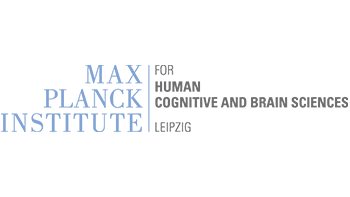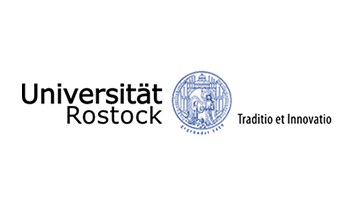Jan 29, 2024
Single threshold adaptive deep brain stimulation in Parkinson‘s disease depends on parameter selection, movement state and controllability of subthalamic beta activity.
Busch JL, Kaplan J, Habets JGV, Feldmann LK, Roediger J, Köhler RM, Merk T, Faust K, Schneider GH, Bergman H, Neumann WJ, Kühn AA.
Brain Stimul. 2024; 17(1): 125-133.
doi: 10.1002/mds.29626.
Download summary: ReTune PoM 2024-01 Jan
Adaptive deep brain stimulation (aDBS) is on the verge of clinical adoption with large-scale clinical trials in Parkinson’s disease (PD) currently being carried out and regulatory approval to be expected soon. In recent years, several studies have helped to characterize different aDBS algorithms, with the common aim of adjusting stimulation timing and amplitude in real-time. However, these algorithms broaden the DBS parameter space beyond classical parameters such as contact selection, stimulation amplitude, pulse width and others. Therefore, guidance on optimal parameter choice in the context of complex programming possibilities will be crucial for the successful clinical adoption of aDBS.
In our study, we focused on characterizing the interplay between two aDBS parameters, changes in patients’ movement states and the controllability of subthalamic beta activity in driving aDBS performance. For this, we developed a setup for closed-loop stimulation in patients undergoing DBS surgery with electrodes externalized. With this setup, we recorded subthalamic local field potentials in post-operative PD patients while receiving single threshold aDBS. This algorithm ramps up stimulation amplitude upon detecting prolonged beta bursts, which have been associated to poor motor performance previously. We investigated changes in two aDBS parameters: the onset time (corresponding to the duration of a beta burst) and smoothing of real-time beta power. Furthermore, patients were assessed at rest and during a simple motor task. We further studied the impact of controllability on aDBS performance by comparing patients with and without beta power modulation during continuous stimulation.
Our findings revealed that changes to both the onset time and smoothing had a strong impact on aDBS stimulation patterns. However, only onset time controlled the total extent of beta power suppression achievable with single threshold adaptive stimulation. These differential electrophysiological patterns were accompanied by a nuanced behavioral response, with accelerometry data indicating that only specific parameter combinations yield a beneficial effect of single threshold aDBS. We could also show that during movement, action induced beta power suppression reduced the responsivity of the closed loop algorithm and its sensitivity to changes in parameter combinations. Finally, we established controllability of beta power as a prerequisite for effective parameter dependent modulation of subthalamic beta activity.
Our results highlight the interaction between single threshold aDBS parameter selection, movement state and controllability in driving subthalamic beta activity and motor performance. As there is little real-world experience on successful clinical implementation of aDBS available, our data may provide first guidance on aDBS parameter choice. In this sense, our study lays groundwork for further studies investigating changes to other parameters, ideally carried out in a real-world setting, need to follow to facilitate clinical adoption of aDBS.
Johannes Busch
Johannes Busch is a medical doctor working at the Movement Disorders and Neuromodulation Unit at Charité Berlin. His main research interest is invasive human neurophysiology in movement disorders. He is currently working on adaptive deep brain stimulation in project C04.
Andrea Kühn
Andrea Kühn is the head of the Movement Disorders and Neuromodulation Unit at Charité Berlin and the Spokesperson of the CRC TRR 295. Her research on basal ganglia electrophysiology has majorly contributed to the understanding of the pathophysiology of movement disorders and the mechanisms of action of DBS.
PoMs 2023:
ReTune PoM 2023 November
ReTune PoM 2023 October
ReTune PoM 2023 September
ReTune PoM 2023 August
ReTune PoM 2023 July
ReTune PoM 2023 June
ReTune PoM 2023 May
ReTune PoM 2023 April
ReTune PoM 2023 March
ReTune PoM 2023 February
ReTune PoM 2023 January
PoMs 2022:
ReTune PoY 2022
ReTune PoM 2022 December
ReTune PoM 2022 November
ReTune PoM 2022 October
ReTune PoM 2022 September
ReTune PoM 2022 August
ReTune PoM 2022 July
ReTune PoM 2022 June
ReTune PoM 2022 May
ReTune PoM 2022 April
ReTune PoM 2022 March
ReTune PoM 2022 February
ReTune PoM 2022 January











